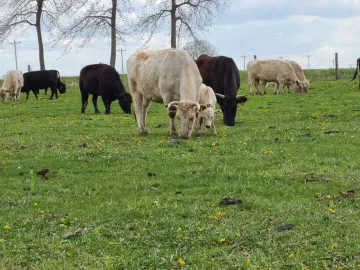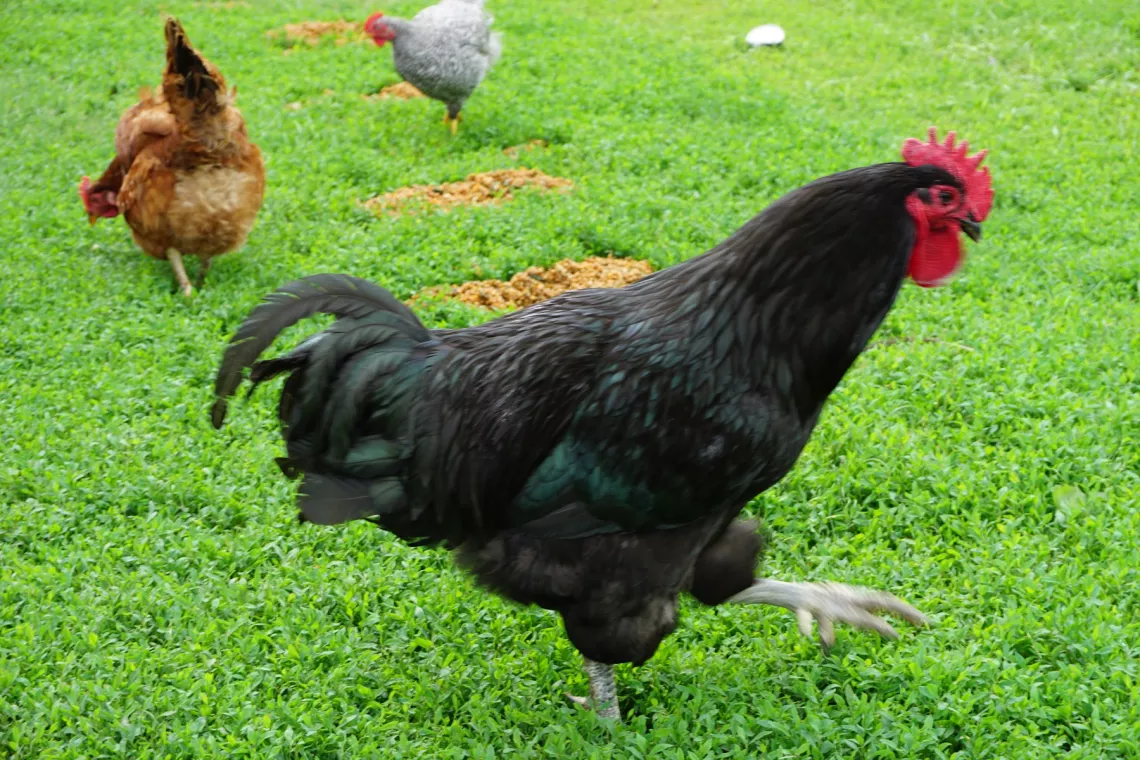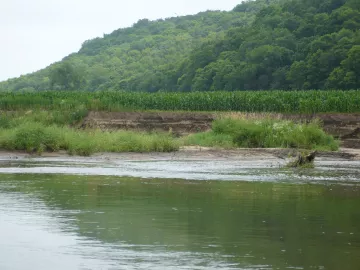The Iowa Chapter supports policies that transition toward more sustainable agriculture, including restoring and preserving topsoil.
Soil Policy
Soil health and restoration of soil health are important for this generation of farmers and landowners and for the next generation and their children and grandchildren. Likewise soil health is of great economic benefit to Iowa's agriculture industry.
Soil Health, executive summary
Soil: Grounding Us in Transformative Systemic Change
See video on "The 5 Principles of Soil Health"
Over-application of Fertilizer - Maximum Return To Nitrogen

Sustainable agriculture
Sierra Club is Pro-Agriculture
Small-scale slaughterhouses needed for sustainably raised meats
Sustainable agriculture: solving one problem solves another
Sustainable Farming and Eating
Sustainable agriculture reading list
Glossary for sustainable agriculture
You have a choice. . . select locally grown food
Agricultural market concentration
Carbon sequestration: soil rejuvenation and preservation
Agricultural practices: producing and reducing greenhouse gas emissions

Concentrated animal feeding operations (CAFOs)
The Iowa Chapter is calling for a moratorium on building new confined animal feeding operations and expanding existing operations.
- The Iowa Chapter is concerned about the pollution created by concentrated animal feeding operations, including water pollution and air pollution. Among the trends in industrial-scale agriculture is the emergence of large-scale industrial animal production. The animals housed in large buildings never have an opportunity to be outside.
- The buildings can house several thousand hogs or millions of chickens. It is not unusual to find one building in Iowa housing 7,000 hogs, producing manure equivalent to that of 28,000 people or a city roughly the size of Ankeny.
- Unlike human sewage, manure is not treated. Operators spread the manure on farmland in quantities that can pollute the nearby water bodies. The expansion of concentrated animal feeding operations (CAFOs) in Iowa has resulted in manure spills and fish kills.
- Neighbors to these facilities complain of horrendous odors, constant noise, exacerbated health problems, loss of property values, and a lower quality of life.
- Iowa must reduce the impact of these CAFOs on the environment.
School boards can protect children from CAFO odors and pollution
Why Industrial Livestock Factories Want to Silence Whistleblowers
Contaminated Eggs: A Policy for Health and Safety Improvement
Concentrated Animal Feeding Operations: Human Health, Community and Environmental Impacts
Protect your community from Animal factory pollution
Factory Farm Biogas and Methane Digesters Won't Solve Iowa's Factory Farm Manure Problem
A Simple Step to Improve Iowa's Water Quality
The Neighbor's right to know for CAFO air pollution
The State of Industrial Livestock Production in Iowa
Siting confinements on karst topography is dangerous
Review of Studies on Manure Applied to Soybeans
The Iowa Chapter advocates for stream buffers, to prevent soil erosion.
The corn field in the photo below does not have an adequate stream buffer.

